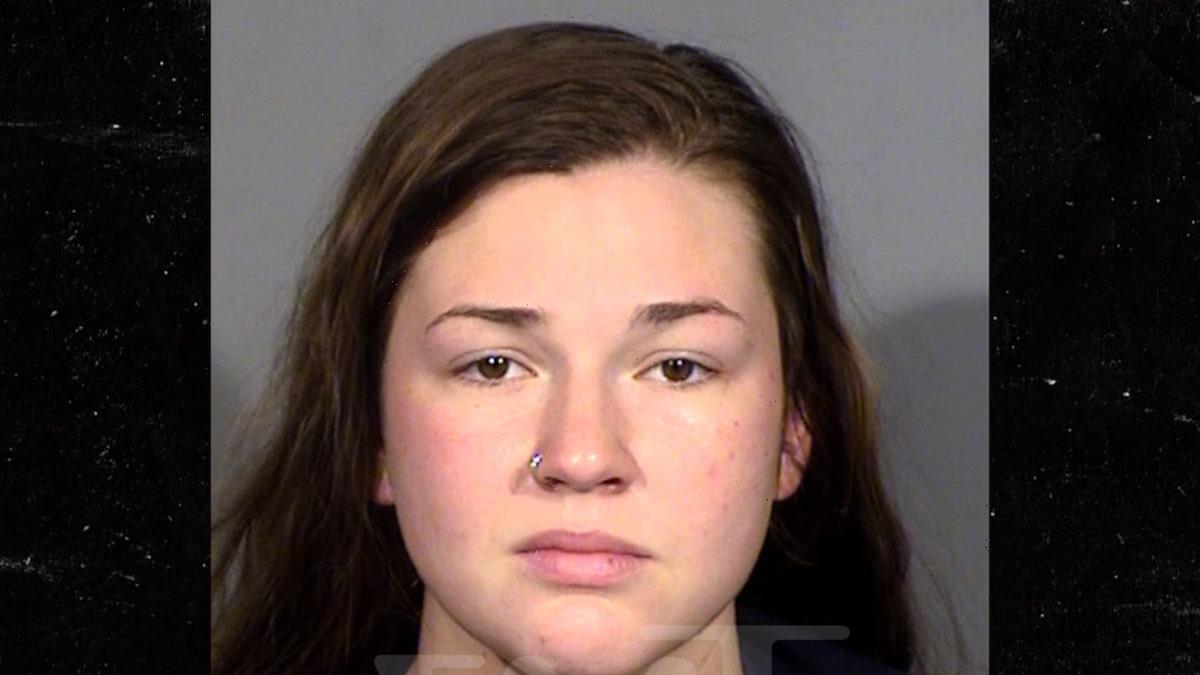Cancer: Karol Sikora outlines 'most persistent symptoms'
We use your sign-up to provide content in ways you’ve consented to and to improve our understanding of you. This may include adverts from us and 3rd parties based on our understanding. You can unsubscribe at any time. More info
More than 85 million doses of COVID-19 vaccines have been administered across the UK, with 72 percent of Britons now fully vaccinated, according to the latest figures. Data from Public Health England (PHE) shows that around 60,000 deaths, 22 million infections and 52,600 hospitalisations have been prevented by vaccines up to July 23. It comes following heroic work from the likes of Oxford University, whose scientists linked up with drugmaker AstraZeneca to create a jab in a matter of months, rather than the years normally required.
Some have questioned whether other areas of medicine could enjoy similar monumental breakthroughs as a result, leading to a host of “game-changing” discoveries.
And the incoming chief executive and president of the Institute for Cancer Research, Professor Kristian Helin, says there are lessons to learn from the success.
He told Times Higher Education: “The difference between this virus and cancer is that Covid is, by and large, one disease with a very well-understood genome.
“Cancer is much more complex, it’s more like 400 types of disease for which you need to develop therapies.”


But, despite the differences, the Danish researcher believes the pandemic could help supercharge research into cancer cures.
He added: “It shows how important fundamental research is – basic research developed over many years allowed vaccine researchers who weren’t working on coronavirus to address this critical issue.
“Fundamental biological research is not so different – scientists working on cancer and on different diseases could develop different techniques to test and treat cancer.
“We have achieved quite a lot in cancer research over the past 20 years.
“It’s massive to see the impact that science and treatments have on people’s lives – at the ICR, an institution which spans the whole spectrum of activity.

“I now have the keys to facilitate what is already very strong research.”
His tenure in London starts as many warn that UK cancer research faces a number of major challenges, including Brexit – which is said to be making attracting world-class European scientists to the UK more difficult.
There is also said to be a funding crisis caused by the pandemic.
Last year Cancer Research UK announced that it would spend £150million less per year on research until 2024 than originally planned.
DON’T MISS
Black hole shock: Scientist’s dire warning to humans [VIDEO]
Asteroid apocalypse: Scientist warns of ‘city-destroying’ space rock [OPINION]
Why ‘Trillion tonne rock hurtling towards Earth’ was ‘bad news’ [EXPLAINED]


But, Prof Helin believes UK science will be prosperous despite the challenges.
He added: “Cancer Research UK and other charities in general have funded a number of programmes in both fundamental and translational research, and it’s vital that we have money for both approaches.
“Moving forward, they will not fund as many grant applications, and that is extremely worrying.
“British science has been one of the strongest, if not the strongest, in Europe over many years – the UK has been a successful nation partly because science has been dominant in its national life, so I trust that they’ll figure out how to solve these problems.”
Source: Read Full Article


